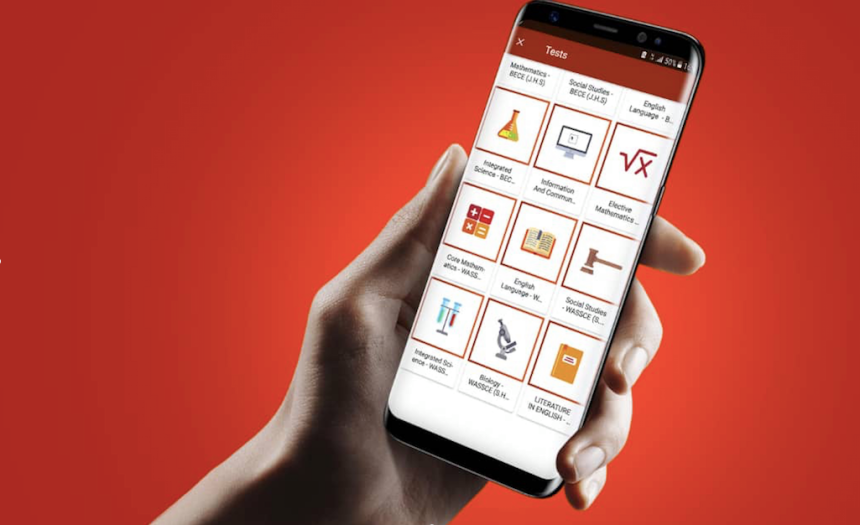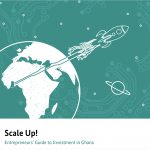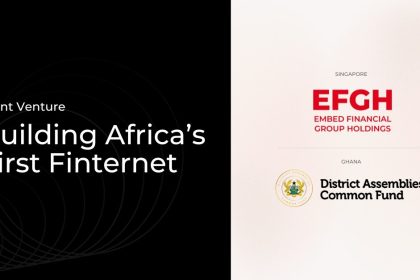Vivo Energy Ghana, marketers and distributors of Shell-branded products and services have signed 500 students onto the eCampus learning platform to encourage them to explore e-learning options to boost traditional classroom and textbook learning.
eCampus is a company that provides an application that enables students to learn, practice and do research on digital gadgets like mobile phones and computers.
The students, made up of 300 females and 200 males will venture into the study of Science, Technology, Engineering and Mathematics (STEM) and related subjects at the higher levels of education.
Vivo Energy disclosed the support on Friday, in partnership with the African Business Centre for Developing Education (ABCDE), Vokacom, and eCampus at the commemoration of the ”International Day of Education” with students from the Achimota, Armed Forces, St. Thomas Acquinas, Accra Girls and PRESEC Legon Senior High Schools in Accra.
Mr Ben Hassan Ouattara, the Managing Director of Vivo Energy Ghana in a speech read on his behalf at the commemoration, said according to UNICEF, 258 million children and youth still do not attend school, and 617 million children and adolescents cannot read and do basic math.
Moreover, less than 40 percent of girls in Sub-Saharan Africa complete lower secondary school and some four million children and youth refugees are out of school.
Mr Ekwow Spio-Garbrah, the Chairman of ABCDE, said it was necessary for the state to make its education system more electronic.
“We need to highlight the importance of electronic education and take the e-Campus platform as an opportunity for students to practise subjects online, get better and replicate it in their examination rooms.”
Mr Cecil Nutakor, the Chief Executive Officer of eCampus, said digitising production of past questions for students would save schools and parents huge sums of money, as they wouldn’t need to print thousands of books.
“They are books and get weak and torn over time, so if you digitize them, it makes it easier to preserve, and update, unlike a book that you may have to reprint everything because of a petty mistake.”
He reiterated the need for the country to consider digitizing its educational content to help students and their teachers to identify their strengths and weaknesses to work towards improving them.










